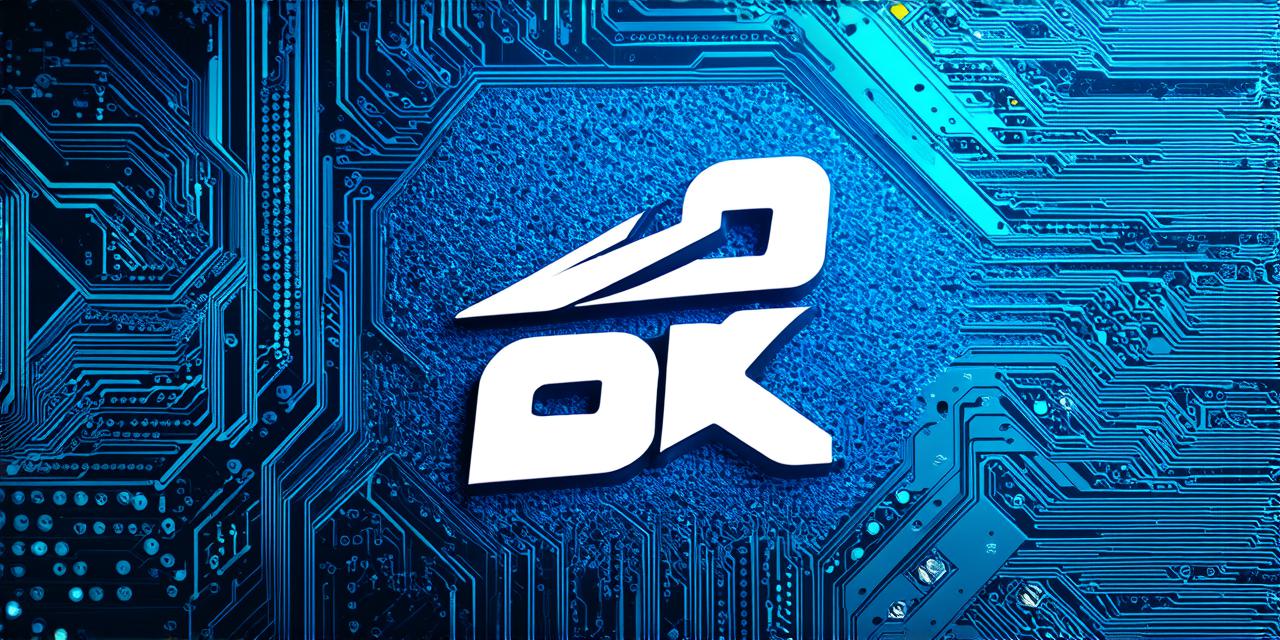In the dynamic world of web design, standing out from the crowd is no easy feat. To become a successful web designer, you need more than just technical skills.
1. Mastering the Basics
A strong foundation in HTML, CSS, and JavaScript is non-negotiable. These languages form the backbone of web design, allowing you to create visually appealing and functional websites.
2. Understanding User Experience (UX) Design
UX design is about creating a seamless, enjoyable experience for users. It’s not just about making a site look good; it’s about ensuring it works well too. A good UX designer can turn a casual visitor into a loyal customer.
3. Embracing Responsive Design
With the rise of mobile devices, responsive design has become a necessity. It ensures your website looks great on any device, from smartphones to desktops.
4. Staying Updated
The web design landscape is constantly evolving. To stay ahead, you need to keep learning. Attend workshops, read industry blogs, and network with other designers.
5. Building a Portfolio
Your portfolio is your calling card. It showcases your skills and creativity. Make sure it’s up-to-date and reflects the latest design trends.
6. Developing Soft Skills
Soft skills like communication, teamwork, and problem-solving are just as important as technical ones. They help you work effectively with clients and collaborate with other designers.
7. Practicing Patience and Persistence
Web design is a field where patience and persistence pay off. Don’t be disheartened by rejections or setbacks. Keep learning, keep improving, and keep pushing forward.
As John Maeda, a renowned designer and computer scientist, said, "Simplicity is about subtracting the obvious and adding the meaningful." In web design, this means stripping away unnecessary elements to reveal the essence of your design.
Remember, success in web design isn’t just about creating beautiful websites; it’s about understanding users, staying ahead of trends, and delivering exceptional experiences. So, keep learning, keep growing, and keep pushing the boundaries of what’s possible in web design.
FAQs:
1. What tools are essential for a web designer?

Design software like Adobe XD, Sketch, or Figma, HTML/CSS editors like Visual Studio Code or Sublime Text, and version control systems like Git.
2. How can I improve my UX design skills?
Study user behavior, conduct user research, and test your designs with real users.
3. What is the importance of responsive design?
Responsive design ensures that your website looks good on all devices, improving user experience and increasing traffic.


